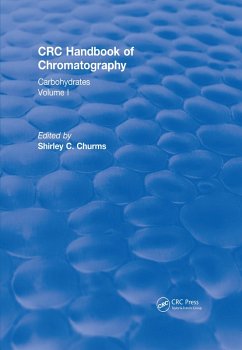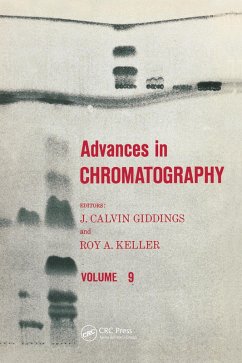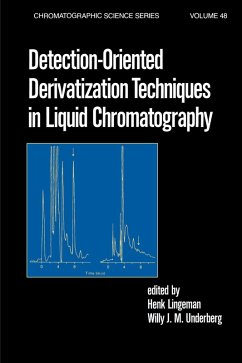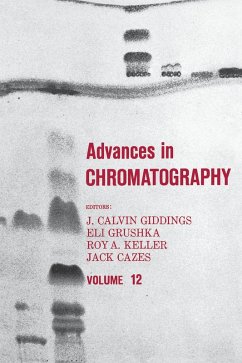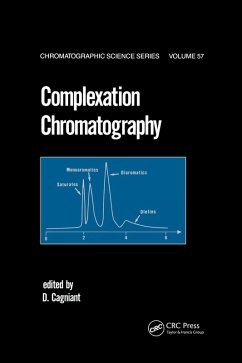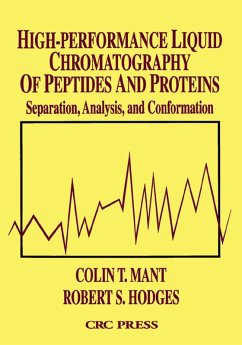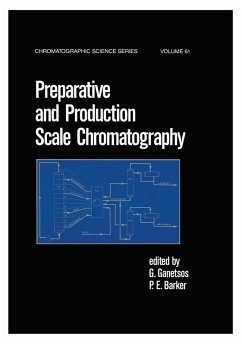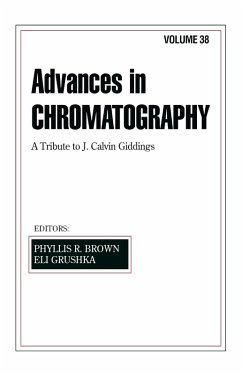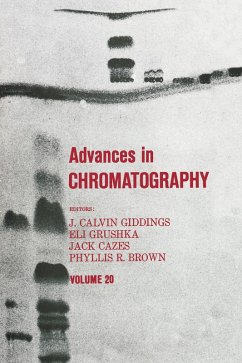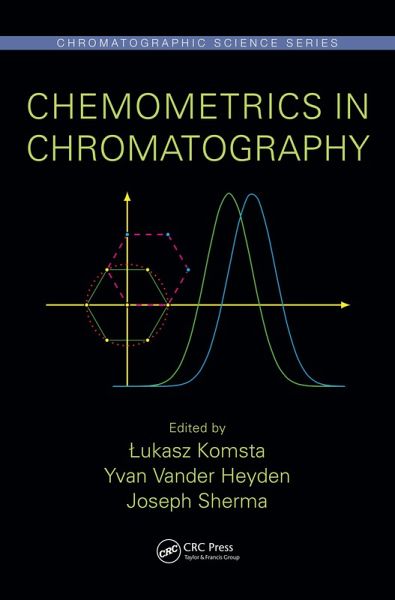
Chemometrics in Chromatography (eBook, PDF)
Versandkostenfrei!
Sofort per Download lieferbar
47,95 €
inkl. MwSt.
Weitere Ausgaben:

PAYBACK Punkte
24 °P sammeln!
Chemometrics uses advanced mathematical and statistical algorithms to provide maximum chemical information by analyzing chemical data, and obtain knowledge of chemical systems. Chemometrics significantly extends the possibilities of chromatography and with the technological advances of the personal computer and continuous development of open-source software, many laboratories are interested in incorporating chemometrics into their chromatographic methods. This book is an up-to-date reference that presents the most important information about each area of chemometrics used in chromatography, de...
Chemometrics uses advanced mathematical and statistical algorithms to provide maximum chemical information by analyzing chemical data, and obtain knowledge of chemical systems. Chemometrics significantly extends the possibilities of chromatography and with the technological advances of the personal computer and continuous development of open-source software, many laboratories are interested in incorporating chemometrics into their chromatographic methods. This book is an up-to-date reference that presents the most important information about each area of chemometrics used in chromatography, demonstrating its effective use when applied to a chromatographic separation.
Dieser Download kann aus rechtlichen Gründen nur mit Rechnungsadresse in A, B, BG, CY, CZ, D, DK, EW, E, FIN, F, GR, HR, H, IRL, I, LT, L, LR, M, NL, PL, P, R, S, SLO, SK ausgeliefert werden.




